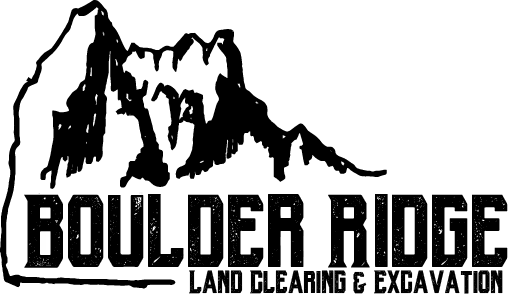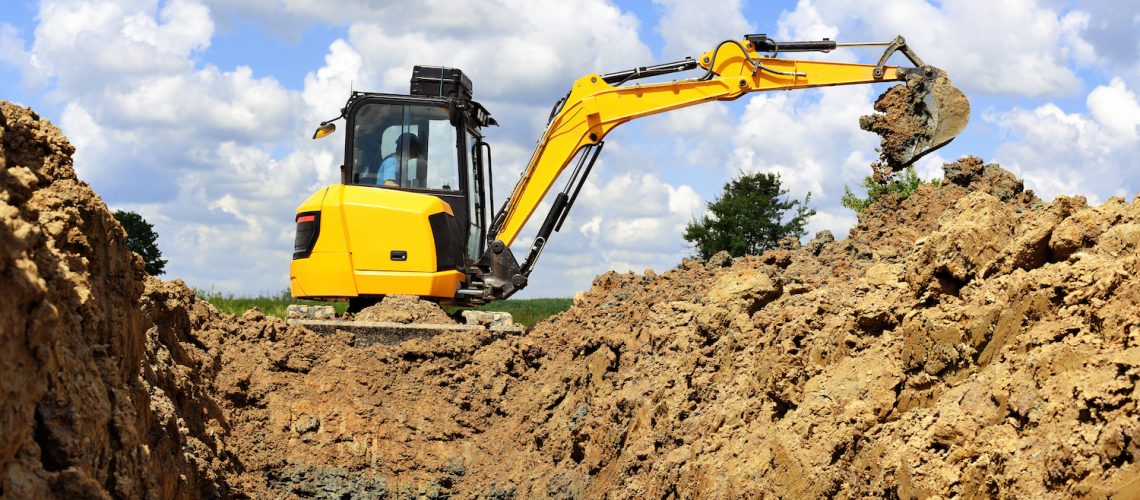Excavation is a crucial aspect of many construction projects, whether you’re building a new home, installing utilities, or undertaking a landscaping project. Hiring the right excavation services is essential to ensure the success of your project, and one of the key factors in making that decision is understanding the cost involved.
In this article, we will explore various factors that influence the cost of excavation services and provide guidance on how to determine a fair price for your specific needs.
Understanding the Basics of Excavation Services
Excavation involves the removal of earth, rock, or other materials from a designated area to create space for construction or landscaping activities. The scope of excavation services can vary widely, from small-scale digging for a residential foundation to large-scale earthmoving for commercial developments. Excavation contractors use heavy machinery such as excavators, bulldozers, and backhoes to efficiently move and remove earth.
Factors Influencing Excavation Costs
Several factors contribute to the overall cost of excavation services. Understanding these factors can help you make informed decisions and obtain accurate quotes from contractors.
Scope of the Project:
The size and complexity of the excavation project play a significant role in determining the cost. Larger and more intricate projects will require more time, labor, and equipment, resulting in higher costs.
Type of Excavation:
Different types of excavation, such as trenching, grading, or site preparation, have varying degrees of complexity. Each type may require specialized equipment and expertise, influencing the overall cost.
Soil Conditions:
The type of soil on your property can impact excavation costs. Excavating in rocky terrain is generally more challenging and time-consuming than working with softer soils. Contractors may need specialized equipment for challenging soil conditions, affecting the overall price.
Depth of Excavation:
The depth to which excavation is required is a critical factor. Deeper excavations often necessitate additional safety measures and more extensive equipment, contributing to higher costs.
Access to the Site:
The ease of access to the excavation site can affect pricing. If the site is challenging to reach or requires special considerations for equipment transport, costs may increase.
Permits and Regulations:
Excavation projects may require permits and adherence to local regulations. Costs associated with obtaining permits and complying with regulatory requirements should be factored into the overall budget.
Debris Disposal:
The disposal of excavated materials is an additional cost to consider. The type and volume of materials removed will influence disposal fees.
Timeline of the Project:
The duration of the excavation project can impact costs. If a project requires expedited completion, contractors may need to allocate additional resources, potentially increasing the overall price.
Estimating Excavation Costs
To estimate the cost of excavation services accurately, consider the following steps:
- Define Your Project Scope: Clearly outline the goals of your project, including the size and depth of excavation required. This information will help contractors provide more accurate quotes.
- Soil Testing: Conduct soil tests to understand the composition of the soil on your property. This information is crucial for determining the type of equipment needed and potential challenges that may arise during excavation.
- Get Multiple Quotes: Reach out to multiple excavation contractors to obtain quotes for your project. Be sure to provide detailed information about the scope of work, soil conditions, and any specific requirements.
- Check Credentials: Verify the credentials of potential contractors, including licenses, insurance, and experience. Choosing a reputable and experienced contractor may be a bit more expensive, but it can ensure a smoother and more reliable excavation process.
- Consider Contingencies: Factor in contingencies for unexpected challenges that may arise during excavation. Unforeseen issues such as encountering underground utilities or unexpected soil conditions can impact both time and costs.
- Review Contract Terms: Carefully review the terms of the contract, including payment schedules, completion timelines, and any warranties or guarantees offered by the contractor.
Average Costs of Excavation Services
While costs can vary widely based on the factors mentioned, it’s helpful to have a rough idea of average excavation costs. On average, residential excavation projects can range from $1,200 to $4,500, but this is a broad estimate that may not capture the specifics of your project. Larger projects, such as commercial excavations, can incur significantly higher costs.
Additional Excavating Cost Considerations
- Land Clearing: If your project involves clearing land before excavation, additional costs may apply. Land clearing includes the removal of trees, shrubs, and other vegetation that may be in the way of the excavation.
- Site Grading: Grading the site to achieve a level or sloped surface is another consideration. The complexity of the grading work and the equipment required can influence costs.
- Rock Excavation: If your property has a significant amount of rock that needs to be excavated, expect higher costs. Rock excavation is often more time-consuming and may require specialized equipment.
- Utility Location and Relocation: Excavation near existing utilities may require careful location and potential relocation. This process ensures the safety of the excavation and may add to the overall cost.
- Safety Measures: Depending on the depth and nature of the excavation, additional safety measures such as shoring or sloping may be necessary, contributing to increased costs.
Tips for Excavating Cost Savings
While excavation is a necessary expense for many construction projects, there are ways to optimize costs without compromising quality. Consider the following tips:
Clear Communication:
Clearly communicate your project requirements and expectations with the excavation contractor. A thorough understanding of your needs allows the contractor to provide a more accurate quote.
Bundle Services:
If your project involves multiple phases, such as excavation, grading, and site preparation, consider bundling these services with a single contractor. This can lead to cost savings compared to hiring separate contractors for each phase.
Flexible Timeline:
If your project allows for flexibility in the timeline, consider scheduling excavation during the contractor’s off-peak season. Some contractors offer lower rates during periods of lower demand.
Material Reuse:
Explore the possibility of reusing excavated materials on-site. If the materials are suitable, this can reduce disposal costs and contribute to overall cost savings.
Conclusion
Determining how much to pay for excavation services involves a careful consideration of various factors, including project scope, soil conditions, and site accessibility. While average costs provide a general guideline, it’s essential to obtain detailed quotes from reputable contractors based on the specific requirements of your project.
By thoroughly researching and understanding the key factors influencing excavation costs, you can make informed decisions, negotiate effectively with contractors, and ensure the success of your construction or landscaping project. Remember to prioritize quality and safety, as cutting corners on excavation services can lead to costly and potentially hazardous consequences in the long run.

